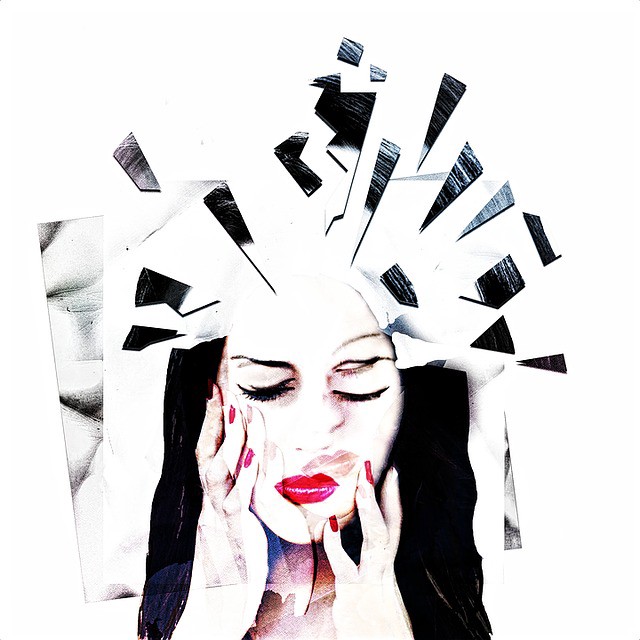On my 28th birthday, I came home from the gym to find my fiance had died from a sudden, massive, and completely unexpected heart attack. Later, doctors would tell me that if they could choose, that would be the way to go, but it was little comfort. I developed Post Traumatic Stress Disorder. This meant that I had the unusual position of being on both sides of the therapeutic coin. Here’s what I think people need to know about PTSD.
Why it happens
Our minds are designed like a room full of file cabinets. When we have an experience, good or bad, small or large, the mind will file it away in the appropriate file cabinet. PTSD happens when we have an experience so terrible and unexpected that no file cabinet exists to put it away. What happens then is that the memory wreaks havoc bouncing all over the mind, looking for a place to go. Many people with PTSD report recurring thoughts (flashbacks) and nightmares and this is why the flashbacks seem so random. Stress hypes up the brain and makes the “file” bounce faster, ending up in the one’s awareness more often and with more intensity. The mind is designed to make connections so, obviously, sounds, images, and other triggers related to the event(s) will bring the traumatic experience to the forefront of awareness.
Who gets it
It’s impossible to say who will get it and why it happens to one person and not another. PTSD is not a weakness nor is it a character flaw. It is a normal reaction to an abnormal situation. It all comes down to those file cabinets: who’s got them and who doesn’t. Personally, I’m okay with the fact that I didn’t have a file cabinet for my experience. What a sad world it would be if it were common enough that, evolutionarily speaking, we were designed to go through something like that.
If you have PTSD
1.Get help. Real help. Invest in therapy with someone who specializes in PTSD. As a mental health professional and someone who’s had PTSD, I can’t stress this enough.
2. While it’s helpful to be as open as you can be with your therapist, once you get your experience filed away, you do not have to tell your story. Ever. To anyone. At the very least, let it settle for a few years before feeling compelled to share with others. The reason is that sometimes a person’s reaction to it or interpretation of it can alter it enough to make it hard to put back in the file cabinet. My husband knows bits and pieces of my experience but I’ve never laid out the whole experience from start to finish. Not because I don’t think he can’t handle it (I know he could), but because I really like that it’s in a file cabinet and would very much like to keep it there.
3. Take crazy good care of yourself. The body tends to follow the mind so if you’ve got thoughts bouncing around, it can feel logical to care for your body in the same hard-knock, mosh-pit sort of way. Having active PTSD is as much a physical experience as it is mental. Take extra care as PTSD seems to make people more clumsy and accident prone. Eat well, say what you need to minimize stress, exercise (although be careful that your exercise is self-respectful and not bordering on self-harm).
4. With the right therapist, you can get tremendous relief in a short amount of time, but don’t be surprised if you have what I call emotional inflammation. PTSD does (reversible) damage to the brain. Coping strategies that served while you had active PTSD likely became habits and habits have to be unlearned and replaced with other coping strategies. It takes time for the inflammation to subside. It was years before my startle reflex returned to normal.
Life after PTSD
I’m not sure if it’s because I’m a therapist, a PTSD survivor, or because I read body language like a magazine, but I can look at someone and have a pretty good idea if they’ve gone through some sh*t. There is a calmness, a type of confidence, and a settled look that can only come from post-traumatic growth. Plants that grow in the harshest environments are naturally tougher than other plants. People who have achieved post-traumatic growth are no different. While I never would wish traumatic experiences on anyone, I’m proud of the way I grew, and proud to stand with other people who, like me, have been there and are all the stronger for it.
Originally published at www.fitshrink.com on June 6, 2016.
Originally published at medium.com


